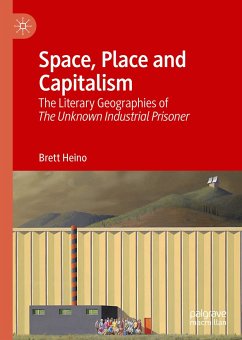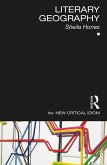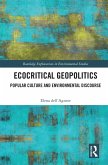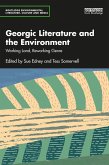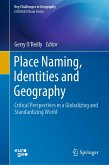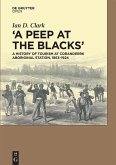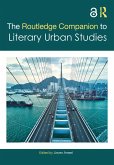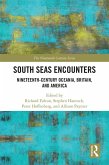"Brett Heino has delivered a book that will expand our knowledge about, and take us on a mind-bending journey through, the spaces and places of capitalism. This very carefully crafted book shows us the forces at play in the production of space, place, and political economy through the novel form. You will not want to put it down."
- Adam David Morton, Professor of Political Economy, University of Sydney, Australia
¿This book is an original contribution to literary geography and commentaries on the work of David Ireland. It as it evolves through Ireland's 1971 Miles Franklin prize-winning novel The Unknown Industrial Prisoner. In particular, the book theorises the relationship between space and place in literature through two highly innovative arguments: a focus on the spatial unconscious as a means to assess and track the spatiality of capitalism in the novel form; and the articulation of a regime of space through the perceived, conceived and lived constitution of space. Drawing together concepts from radical geography and structural Marxist literary theory, it explores the dominance of the regime of abstract space in the Australian context. The text also examines the nature and possibilities of place-based strategies of resistance, and concludes by suggesting opportunities for future research and plotting the ways in which The Unknown Industrial Prisoner continues to speak to contemporary Australia.
Brett Heino is a legal scholar and historian at the University of Technology Sydney, Australia. His current research revolves around literary geography, focusing in particular upon literature as a means to understanding the spatial history and relationships of Australian capitalism. He is the author of Regulation Theory and Australian Capitalism: Rethinking Social Justice and Labour Law (2017), as well as articles on literary theory, trading hours legislation, occupational health and safety, and trade union mobilisation.
Dieser Download kann aus rechtlichen Gründen nur mit Rechnungsadresse in A, B, BG, CY, CZ, D, DK, EW, E, FIN, F, GR, HR, H, IRL, I, LT, L, LR, M, NL, PL, P, R, S, SLO, SK ausgeliefert werden.

